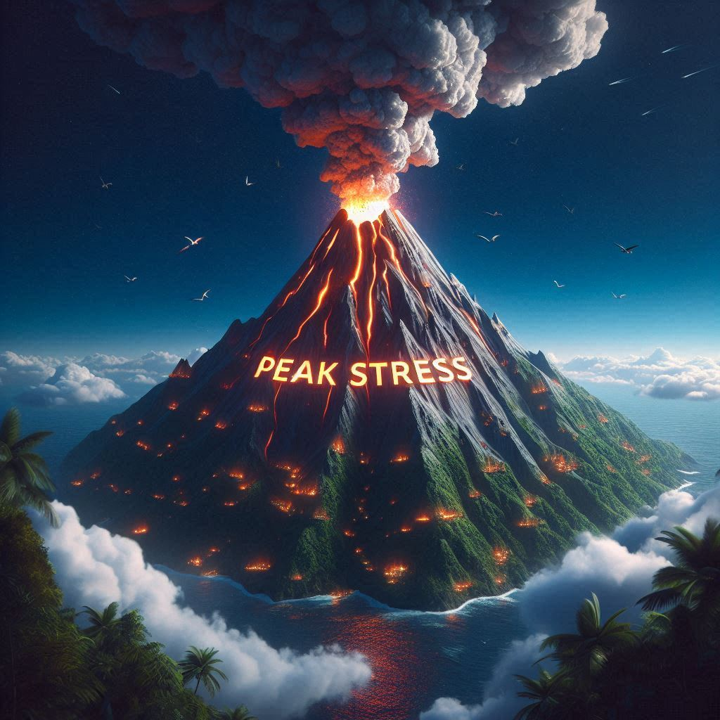
We don’t need a psychologist or a mental health professional to confirm what we see in front of our very eyes day after day.
We’re stressed. It’s DEFCON 4 in many of our brains. We’re at or near the edge, and it won’t take much to tip us into the anger abyss.
“You talkin’ to ME?!”
 Sadly, a lot of us are falling into this danger zone. And we see its manifestations not just in overt tragedies like random shootings, but in smaller but more telling ways – road rage, public blowups on airlines, online anger and harrassment – that keep multiplying and becoming more troubling.
Sadly, a lot of us are falling into this danger zone. And we see its manifestations not just in overt tragedies like random shootings, but in smaller but more telling ways – road rage, public blowups on airlines, online anger and harrassment – that keep multiplying and becoming more troubling.
And now we have data. A StudyFinds story released last week reports on a research project conducted by Talker Research for Traditional Medicinals. The researchers polled 2,000 American adults. And the results are ominous.
The average respondent says they’re experiencing “head spinning stress” an incredible 156 times per year! That comes out to about three of these traumatic moments each a week.
And the big headline for the story is that more than four in ten adults (41%) say they’ve reached “Peak Stress.” That’s a scary stat.
Is there a solution? Amazingly, seven in ten survey respondents (71%) believe their mental health would improve if they could figure out a way to minimize their stress levels.
And their preference is to address their angst with simple solutions as opposed to complicated protocols. After all, in addition to being stressed to the max, they are at the mercy of busy schedules.
Of course, the folks at Traditional Medicinals are inclined to advocate for herbal teas. I would suggest you turn on the radio.
Now before you stressed-out trolls ridicule my strategy, consider that in our most recent Techsurvey 2024, an impressive number of respondents say a main reason they listen to radio is to “elevate their mood” (37%) and to “escape from the pressures of everyday life” (30%).
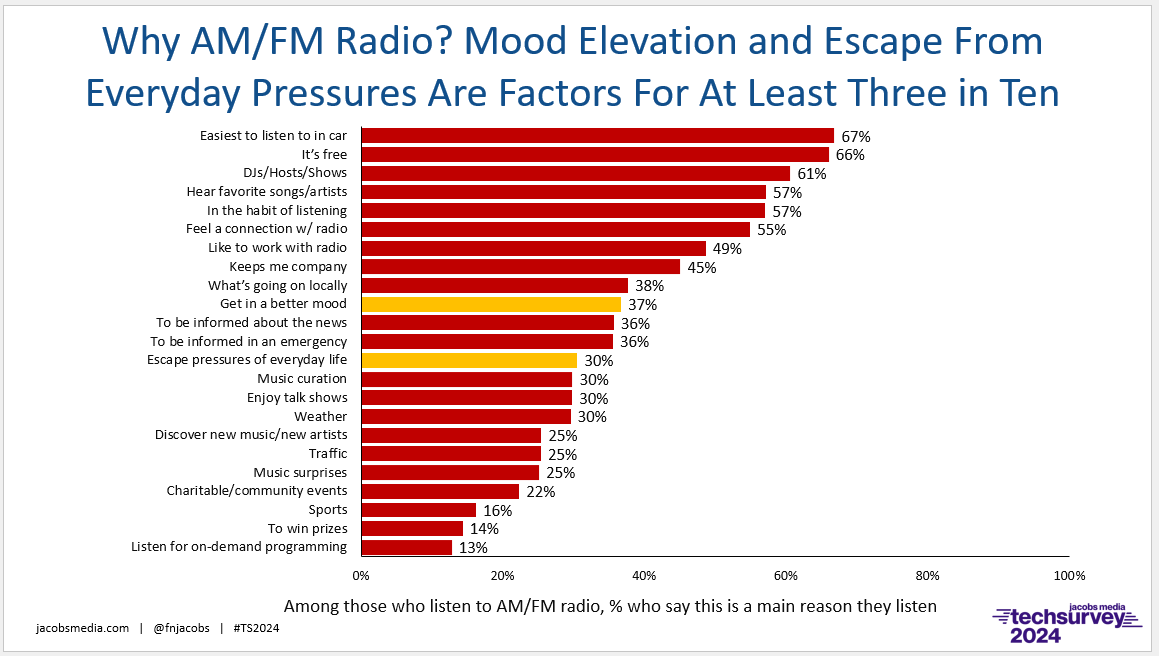
Now neither is an overriding reason people turn on the radio. Not surprisingly, many more look to music and personality as main drivers. But when we look at the emotional reasons why consumers turn to radio, these stress relievers are difference-makers. (Now if we could only convince those millions of Americans scaling “Peak Stress” to just turn on their radios….)
For those who rely on radio to insulate them from the pressure and pain of life in this 21st century, a major debt is owed to the people behind the mics tasked with the Herculean task of talking us off our collective ledge.
Anybody critical of today’s radio personalities and hosts who can’t measure up to the greats who line the oak paneled hallways of the Radio Hall of Fame ought to rethink those judgmental attitudes.
Hall of Fame ought to rethink those judgmental attitudes.
Particularly since COVID, the stress stakes run higher. Your specific generation aside, life has gotten considerably more complicated and gnarly whether you’re a Gen Alpha or a member of the Greatest Generation.
In a sea of algorithms and on-demand content, the real-time constant has been radio – local and in-the-moment. At least, in theory.
That’s because radio has spent the past two decades perfecting its voicetracking architecture, searching for ways to spread its tired talent across more frequencies, whether in the same buildings or across the country.
How rampant have pre-taped shows become? There is no data to accurately answer that question – at least to my knowledge. But the best I can do for you is tell you what our 500+ air personalities across the commercial radio spectrum told us last summer in our AQ6 study.
Thankfully, about six in ten of the hosts who opted in to our survey say they’re in the station studio broadcasting their shows live.
![]()
It is a much less complex task to “put yourself in the shoes of listeners,” as Greg Solk used to advise his talent, when you’re live and local.
It also helps to be sane. And because even the best jocks, hosts, and personalities are people, too. They’re juggling their own pressures, while trying to keep us calm or help us escape during our commutes and our workdays.
The data suggest many are just barely hanging on. In AQ6, we also checked stress levels. You won’t be surprised to learn they’re running high. Between all the hats they wear and the disheartening feeling of being taken for granted by their parent companies, it has likely never been more difficult to be on the airwaves here in the U.S.
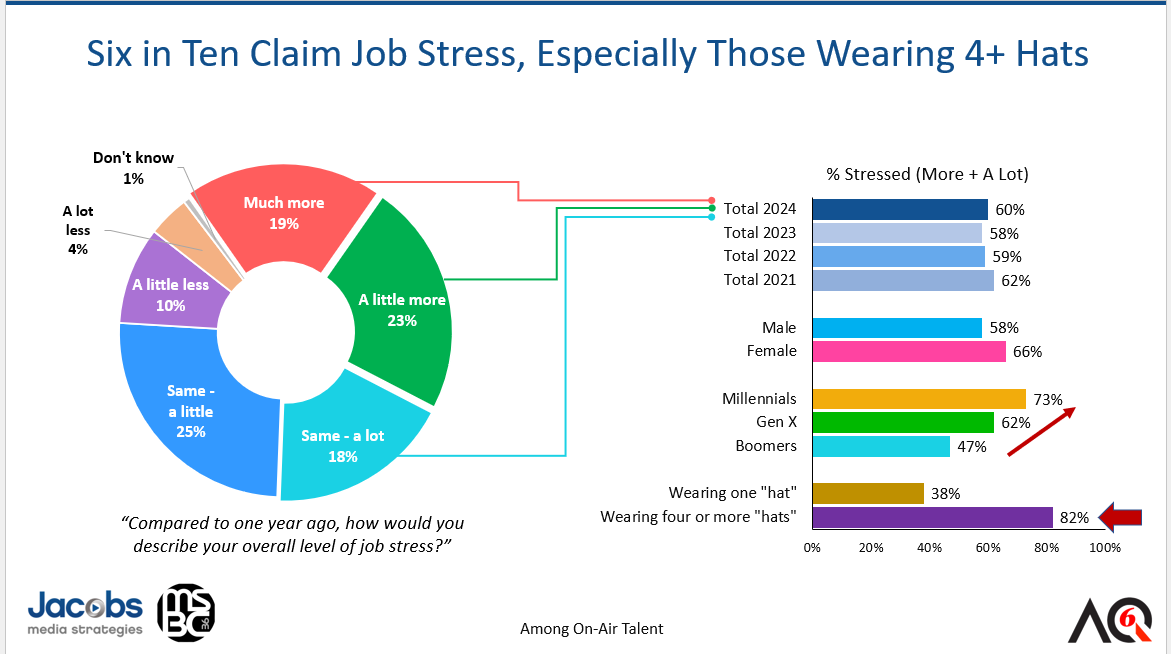
As the pie chart clearly shows, six in ten are feeling those screws turning, palpably worse for women on the air progressively younger talent, and those excessively burdened by the added heat of wearing more hats.
It’s gotten so bad that Don Anthony slotted in a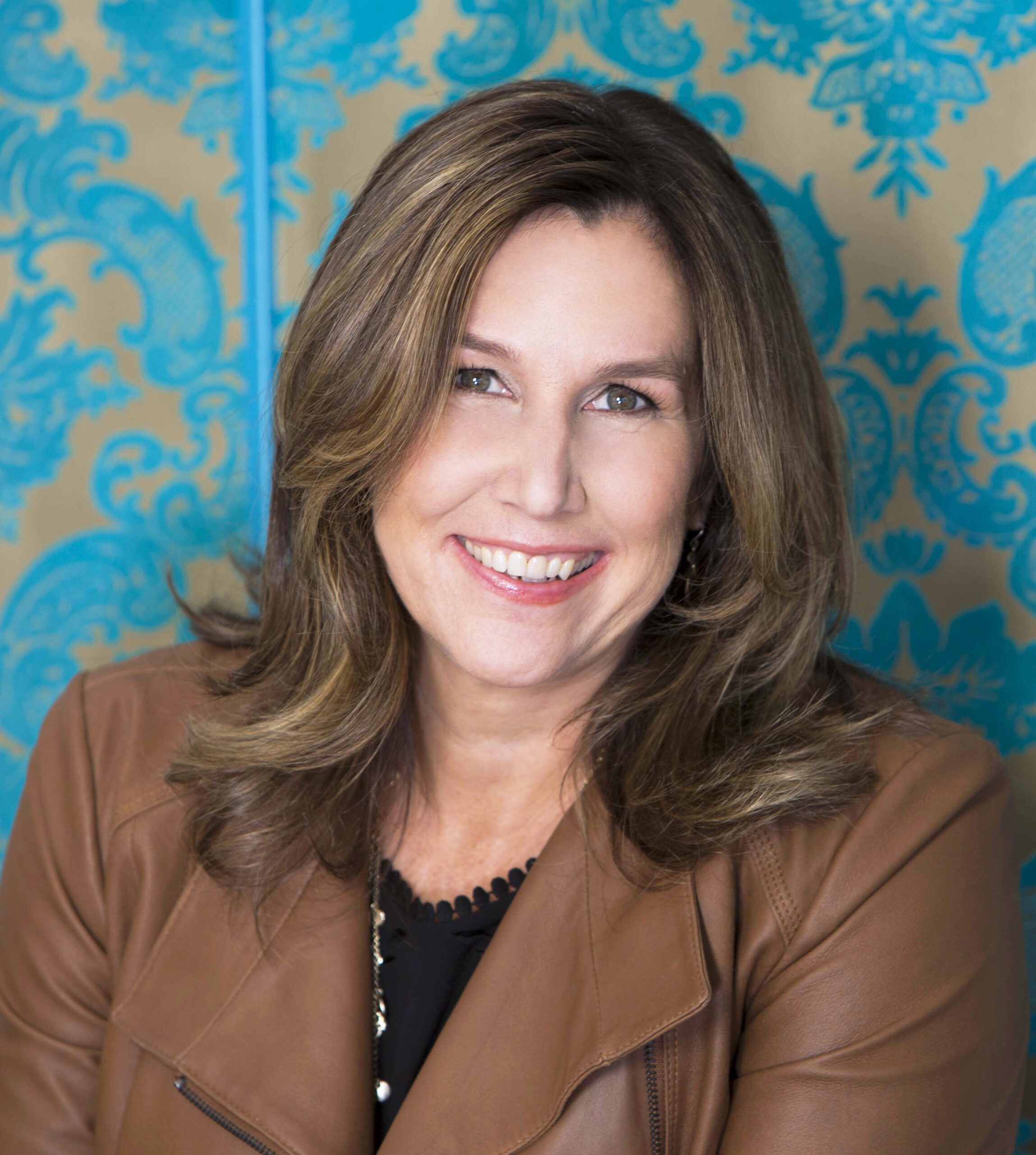 session devoted to mental health on the airwaves at Morning Show Boot Camp this year. Moderated by the perceptive and empathetic talent coach Angela Perelli, I hear anecdotally it has become one of the most important panels at the conference.
session devoted to mental health on the airwaves at Morning Show Boot Camp this year. Moderated by the perceptive and empathetic talent coach Angela Perelli, I hear anecdotally it has become one of the most important panels at the conference.
Keeping air talent sane is about as difficult these days as keeping high-flying hedge funds from cracking up. That was the assignment Axe Capital in-house psychiatrist and in-house performance coach Wendy Rhoades (pictured below) took on each week on Showtime’s hooky Billions. Played brilliantly by Maggie Siff, this fictitious occupational counselor was the best shrink on TV since Tony Soprano’s behind-the-scenes advisory, Dr. Melfi (portrayed by Lorraine Bracco).

But alas, there are no in-house psychologists in radio like there are on TV dramas. In reality, that’s one of the hats program directors have always worn. And most of them are now on the air, trying to deal with their own pressures.
As an industry, we must be aware that perhaps our most valuable resource – our talent – are feeling unprecedented heat. They need every bit of support and understanding their employers can muster.
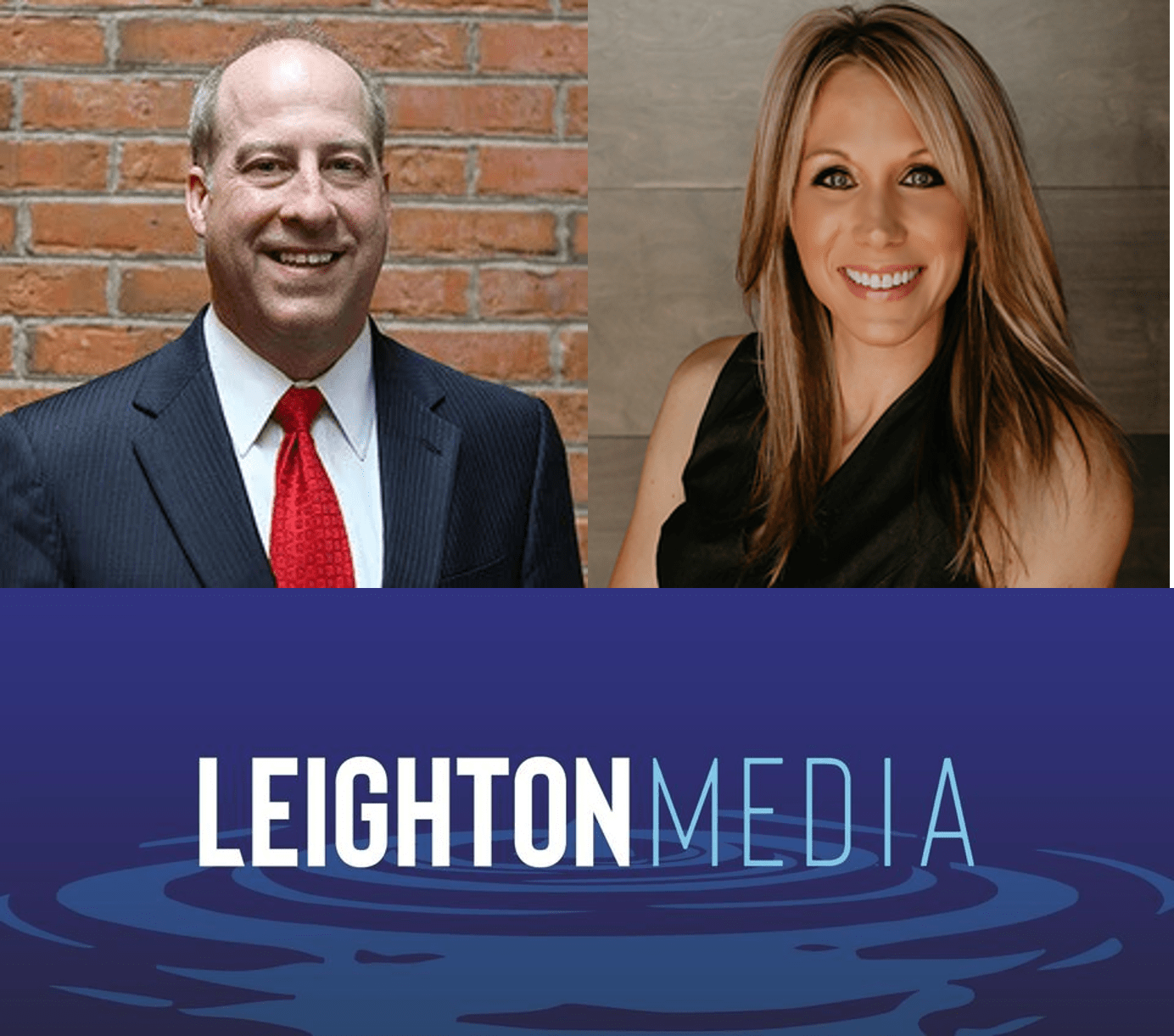 I thought about this a lot yesterday while presenting with Paul and Chris Brunt at the Leighton Media’s Continuing Education and Content Education conference in Minneapolis. Here’s a company in small markets in the region that has stepped up to provide resources and training for its able teams of programmers, sellers, and managers. Sadly, many of the companies that could benefit from an event like this don’t have the resources or inclination to make it happen, certainly not this year.
I thought about this a lot yesterday while presenting with Paul and Chris Brunt at the Leighton Media’s Continuing Education and Content Education conference in Minneapolis. Here’s a company in small markets in the region that has stepped up to provide resources and training for its able teams of programmers, sellers, and managers. Sadly, many of the companies that could benefit from an event like this don’t have the resources or inclination to make it happen, certainly not this year.
Kudos to CEO Bob Leighton, COO Stephanie Theisen, and Leighton’s OM, J.D. Greene, for setting the right tone and putting together a learning event greatly appreciated by their teams of managers in markets like St. Cloud, Detroit Lakes, Fergus Falls, and Grand Forks.
There are no easy answers to the challenges facing the radio broadcasting industry, but looking out for its top resource – its talent – is a great place to start. When a cup of chamomile won’t cut it, a friendly, warm, upbeat, and engaging voice is often just the thing Americans need to keep moving forward.
Our country is stressed to the max as the Talker Research study clearly shows. From what I was able to glean, the sample was comprised of American adults. That begs the question of what teens and even pre-teens are coping with at this moment in time.
Too bad, radio broadcasters have given up on serving those under 25, a growing segment of the population in need of stress relief, perhaps more than any other demographic group.
Travel to “Peak Stress” is showing no signs of tailing off.
- A 2020 Lesson?It Could All Be Gone In A Flash - April 24, 2025
- How AI Can Give Radio Personalities More…PERSONALITY - April 23, 2025
- Can Radio Afford To Miss The Short Videos Boat? - April 22, 2025




Interesting read as always, Fred. I’m curious about the chart you included that references the breakdown of those who voicetrack Vs doing a live show. You have “small company”, and “mom and pop” included. How are you distinguishing between these two in the survey?
Thanks!
Michael, we came up with the company designations you see on the slides and left them intentionally generic, rather than “name names.” We described, for example, the largest companies in the business as “one of the big ones” without listening company examples. The task of picking the type of company one works for is left up to the respondent (the talent). I think they’re highly accurate in their designations. Thanks for asking.
On a very similar note, there’s this new research…
https://www.odwyerpr.com/story/public/21882/2024-09-24/journalists-struggle-fend-off-stress.html
Thanks for this, Eric – more dperessinig confirmation the media business is especially precarious for content creators, whether they’re on the radio or journalists.